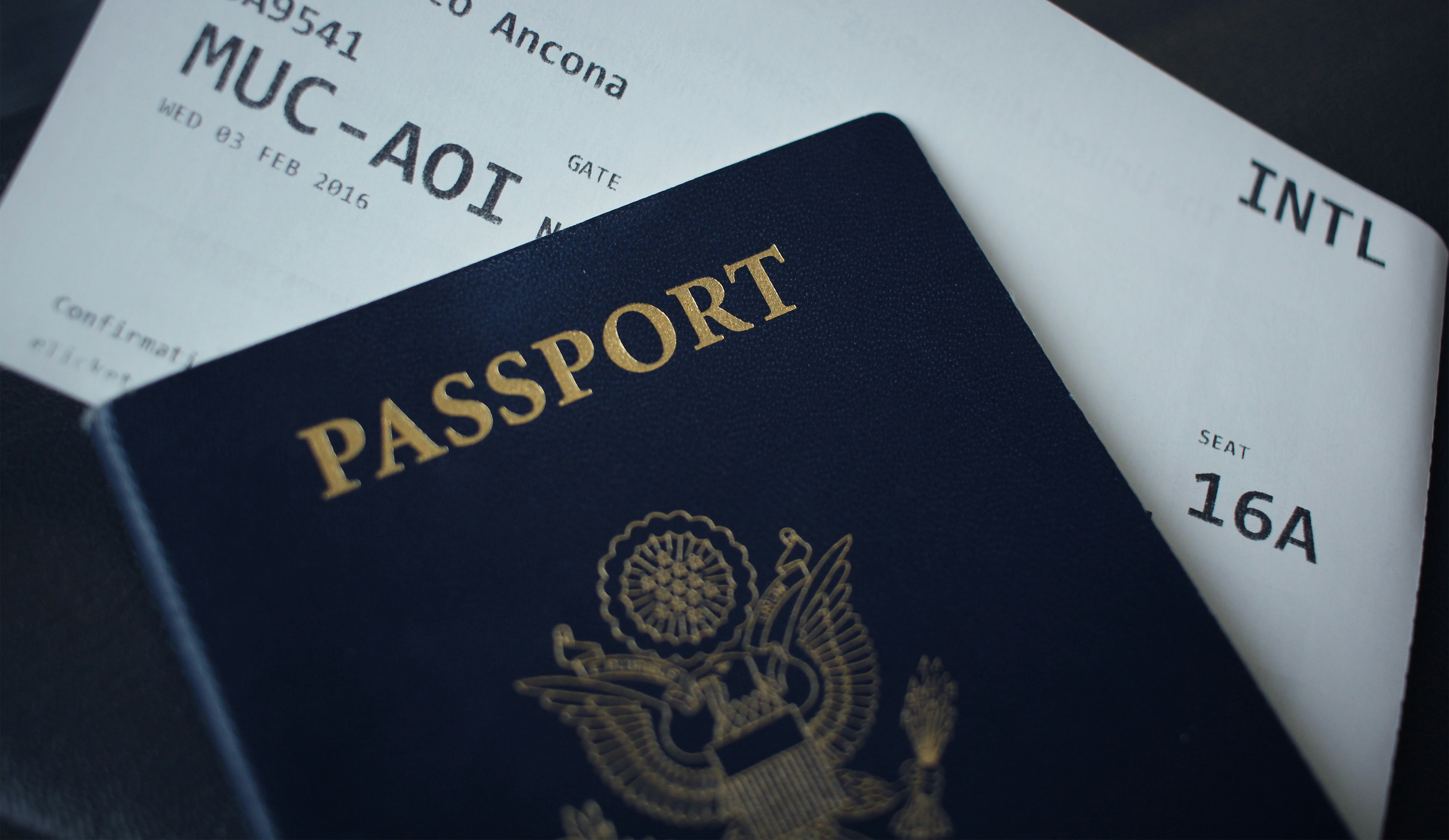Lawyer with ten years of experience. I am engaged in drawing up contracts, writing claims and lawsuits, accompanying enforcement proceedings, drafting constituent documents for legal entities, dealing with state registration of legal entities and individual entrepreneurs. I also provide legal services in the areas of civil and commercial law.
Introduction
In 2023, the distribution of summonses on the streets has become more frequent. Their delivery usually looks like this: a man dressed in a military uniform approaches you, asks you to show your passport and immediately issues a summons to come to the TCC.
Most people unconditionally fulfil all the requirements of the military man and agree to receive a summons from him. However, the law provides special conditions for checking documents during martial law, which a citizen needs to know in order to effectively protect his rights from possible illegal actions.
Let us consider these conditions in detail.
Section 1. Legal grounds for document checks
The Law of Ukraine "On the Legal Regime of Martial Law" grants the military commanders (together with military administrations) significant powers to implement measures aimed at enhancing security in times of war. Such powers include:
1. establishment of a special order of entry to certain places, exit from them;
2. restriction of freedom of movement within the country: 1) citizens of Ukraine; 2) foreigners; 3) stateless persons;
3. restriction of free movement of: cars, other vehicles;
4. inspection of identity documents of citizens and other persons legally staying in Ukraine;
5. inspection of belongings, cars (other vehicles), luggage, cargo;
6. inspection of people's dwellings and business premises.
After the introduction of martial law in the country, the command (with the involvement of military administrations) is obliged to issue a separate order to carry out special measures established by law. At the same time, a specially authorised official – the commandant – is appointed, who is responsible for organising co-operation between the law enforcement agencies of the state in the implementation of special regime measures.
Once appointed, the commandant must issue an order determining the officials authorised to check citizens' documents. Authorised persons shall be appointed by the commandant from the employees of the following state bodies:
1. National Police;
2. National Guard;
3. Security Service of Ukraine;
4. State Border Guard Service;
5. State Migration Service;
6. State Customs Service;
7. Armed Forces of Ukraine.
Officials of other state bodies shall not be involved in checking documents of citizens.
Section 2. Restriction of the right to check documents
In social networks there is often a statement: military commissions (aka TCCs and SPs) are not part of the Armed Forces of Ukraine. This statement is erroneous. Article 3 of the Law of Ukraine "On the Armed Forces" indicates that the structure of the AFU includes military administration bodies.
The Regulation on TCCs and SPs states that these centres belong to military administration bodies that ensure the implementation of legislation on conscription, military service, mobilisation training and mobilisation. Being bodies of military administration, TCCs are included in the AFU.
From Section 1 of the article you already know that the Armed Forces of Ukraine may be involved in the verification of citizens' documents during martial law. Therefore, the involvement of TCC employees in document verification is allowed by law.
At the same time, it is important to know that servicemen and employees of the TCC are not entitled to check documents just for no reason. There are only eight grounds for a legal check.
A citizen must provide a document confirming his or her identity in cases of:
1. violating curfew/other prohibitions established in the territory covered by martial law;
2. Staying on the territory/facility with a special regime;
3. having a reasonable suspicion that he/she has committed or intends to commit an offence/crime;
4. external resemblance to a person who: 1) missing; 2) wanted;
5. being at the place where: 1) a criminal/administrative offence was committed; 2) a road traffic accident; 3) another emergency;
6. travelling in a vehicle that: 1) has external signs of use in the commission of an offence/crime; 2) may be the object of the offence/crime;
7. his/her behaviour indicates his/her involvement in the commission of the offence/crime;
8. he/she is found to be in possession of: 1) weapons; 2) ammunition; 3) drugs; 4) other prohibited items (in this case, the purpose of the document check may be solely to find out whether he/she has the right to keep/transport these items).
In other cases, neither the police nor the military have the right to require a citizen to show his/her passport. Therefore, when they ask you to show your passport in order to copy information from it to the summons and hand it to you, it is an illegal demand. Martial law is not a reason to check documents.
Before you show the military/police officer your passport, demand that he state the basis for the document check. If he starts saying "it's martial law in the country, all citizens are obliged to carry documents and show them on demand" - then there is no such thing in any law. You are not obliged to show your documents to the police simply because you are in a state of martial law.
Section 4. Liability for failure to appear on summons
Such liability is divided into two types: administrative (imposition of a fine) and criminal (imprisonment from 2 to 5 years).
Failure to appear after being served with a summons does not mean immediate criminal liability. This type of liability will occur only if you:
1. received a summons to the recruitment centre;
2. arrived at the centre and underwent a medical examination which declared you fit for military service;
3. received a second summons (to be sent to a military unit, the so-called "combat summons");
4. did not appear to be sent to the military unit.
For failure to appear on a summons to the territorial manning centre you can be fined from 1342 to 2684 UAH (for the first violation); from 2684 to 4026 UAH (for a repeated violation committed in the same year).
The information on fines is relevant for 2023. In 2024 the amount of fines will change.
Conclusion
Knowing your rights can help you protect yourself from unlawful summonses. However, there are many cases in which knowing your rights is not enough. It is also necessary to research and analyse documents, which is best handled by lawyers.
Marketplace "Consultant" offers you a basic package of legal services:
1. legal analysis of the situation;
2. Legal opinion;
3. writing a lawyer's enquiry;
4. Analysis of the situation by a lawyer;
5. Legal analysis of the situation;
6. Legal conclusion;
7. A lawyer's opinion.
In addition to the basic services, you can place an application for an individual lawyer's service. Specialists "Consultant" provide services on:
1. Writing reports for military personnel;
2. Advice on mobilisation, demobilisation, deferment from conscription;
3. Preparation of statements of claim for divorce, alimony, recognition of fictitious marriages.
4. Counselling on leaving Ukraine during martial law.
Specialists of the marketplace "Consultant" will provide you with counselling and legal assistance on any issues.




































